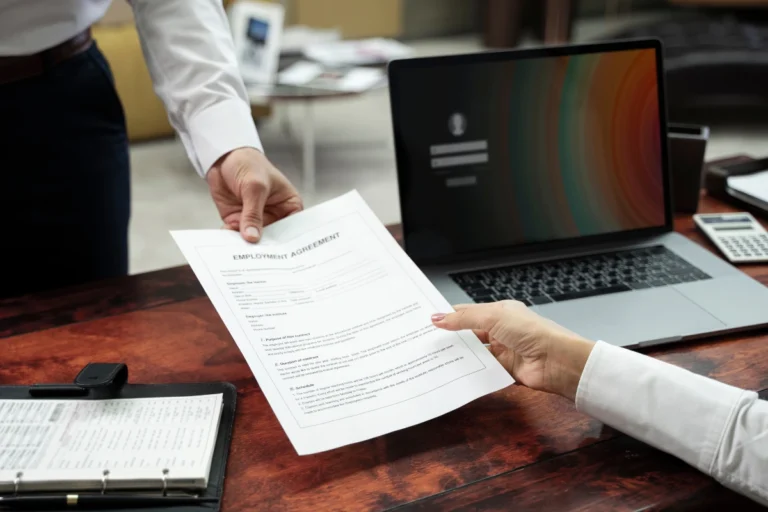September 6, 2025 | Dubai, UAE: Renting in Dubai can feel overwhelming for newcomers. From understanding local jargon to planning for extra fees, a clear grasp of the process is vital. This guide distils the Dubai rental FAQs into four key sections, each packed with verified insights and practical tips. With the city’s fast-paced property market, new arrivals often find themselves scrambling to decode unfamiliar terms, prepare hefty upfront payments, and manage multiple agencies. Without the right knowledge, it’s easy to feel unprepared or worse, miss out on the perfect apartment or villa.
- Chiller-free: Landlord covers air-conditioning costs, removing a major variable expense in Dubai’s hot climate.
- DEWA (Dubai Electricity & Water Authority): Combined monthly billing for power and water usage.
- Ejari: RERA-managed online tenancy registration system that protects both landlords and tenants.
- One cheque: Full annual rent payable upfront in a single bank cheque.
- Multiple cheques: Rent divided into instalments (typically two to four cheques), with post-dated cheques collected at signing.
- WhatsApp coordination: Estate agents use WhatsApp to arrange and confirm viewings.
- Document requests: Agents require Emirates ID copies and confirmation of cheque-book availability before scheduling inspections.
- Self-guided tours: Many properties remain unlocked; tenants must agree on viewing times in advance.
- Prompt feedback: After inspections, quickly share feedback so agents can refine future recommendations.
Budgeting: Hidden Costs and Utilities
Renting in Dubai involves costs beyond the monthly rent. Agency fees typically range from 2 to 5% of the annual rent. Tenants pay a security deposit of 5% for unfurnished units or 10% for furnished homes. DEWA enforces security deposits of AED 2,000 for apartments and AED 4,000 for villas, plus connection fees. Ejari registration costs AED 120 online or AED 215 at typing centres, with RERA-approved agencies offering registration services for an additional fee.

When Renting in Dubai, it’s crucial to factor in various ancillary expenses that can add up significantly beyond your base rental payment. One of the most notable is the housing fee: DEWA automatically applies a charge equal to 5% of your annual rent, conveniently spread over twelve monthly instalments. Utilities are itemised on your DEWA bill as a combined electricity and water statement, but if your building isn’t chiller-free, you’ll also see a separate cooling fee. Beyond DEWA, expect standalone charges for gas, internet, and home TV subscriptions all of which come with user-friendly mobile apps from most providers to help you track and manage payments.
Market Pace and Documentation
When Renting in Dubai, desirable properties can be taken off the market within hours of listing, so have your documents ready: a clear copy of your Emirates ID, up-to-date bank statements, and an active cheque book with sufficient funds and use real estate apps and websites to set real-time alerts for listings that match your criteria.

When Renting in Dubai, contact the agent immediately via WhatsApp or email when you spot a suitable property and schedule a viewing within 24 hours; during inspections, check water pressure, air-conditioning performance, and plumbing fixtures, ask about maintenance response times and upcoming building works, and document your feedback in writing so your agent can negotiate effectively with landlords.
Tenant Rights and Rent Increases
When Renting in Dubai, tenants benefit from strong protections under RERA. Landlords may only increase rent in line with regulated caps based on the Real Estate Market Rental Index: if market rates rise less than 5%, no increase is permitted; for market hikes between 5% and 10%, rent can be raised by a maximum of 5%; and if market rates exceed a 10% increase, landlords may increase rent by up to 10%.

Always review the rent increase clause in your lease. If you receive a notice of increase, file a complaint with RERA’s Rental Dispute Settlement Centre within 30 days for mediation or binding rulings. Upon lease expiry, landlords must return security deposits within 30 days, minus deductions for damage beyond normal wear and tear. Use move-in photos and a signed checklist to document property condition and protect your deposit.
By mastering these four core areas: key terms and viewing tips, hidden costs and utilities, market pace and documentation, and tenant rights, you can navigate the Dubai rental FAQs with confidence and ease.
Read More: Best Areas to Buy Property in Dubai: Where Luxury Property in Dubai is Heating Up














